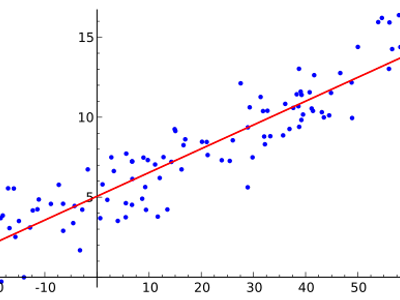Basic concepts and methods, census and sample surveys, qualitative and quantitative studies, methods of measurement, measuring techniques, data acquisition, tables and diagrams, statistical quality and error types, measures of central tendency anddispersion, regression and correlation, correlation measures, analysis of qualitative data; Chi-2 analysis, evaluation of studies, confidence intervals and hypothesis testing, multivariate methods, variance analysis (ANOVA), not parametric methods for quantitative data. Analysis of data using statistical software, mainly SPSS.
FDT3302 Statistical Methods for Behavioural Science 10.0 credits

Information per course offering
Course offerings are missing for current or upcoming semesters.
Course syllabus as PDF
Please note: all information from the Course syllabus is available on this page in an accessible format.
Course syllabus FDT3302 (Spring 2019–)Content and learning outcomes
Course contents
Intended learning outcomes
The course intends to make the participant well familiar with the statistical methods and the statistical tools that are used within the behavioural science field. The participant should, on completion of the course, be able to account for the properties of the different statistical methods, their usability, advantages and disadvantages. The participant should also be well familiar with the general principles at statistical conclusion; possibilities and limitations. The participant should be able to state the properties of the most common statistical distributions and be able to numerically calculate confidence intervals, carry out statistical tests, carry out regression and variance analysis and be able to choose correct statistical method in different situations.
Literature and preparations
Specific prerequisites
Literature
Examination and completion
Grading scale
Examination
- EXA1 - Examination, 10.0 credits, grading scale: P, F
Based on recommendation from KTH’s coordinator for disabilities, the examiner will decide how to adapt an examination for students with documented disability.
The examiner may apply another examination format when re-examining individual students.
If the course is discontinued, students may request to be examined during the following two academic years.
Examiner
Ethical approach
- All members of a group are responsible for the group's work.
- In any assessment, every student shall honestly disclose any help received and sources used.
- In an oral assessment, every student shall be able to present and answer questions about the entire assignment and solution.